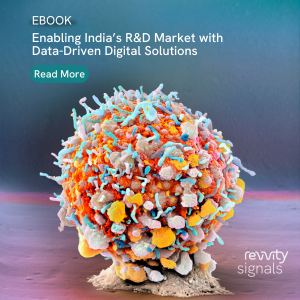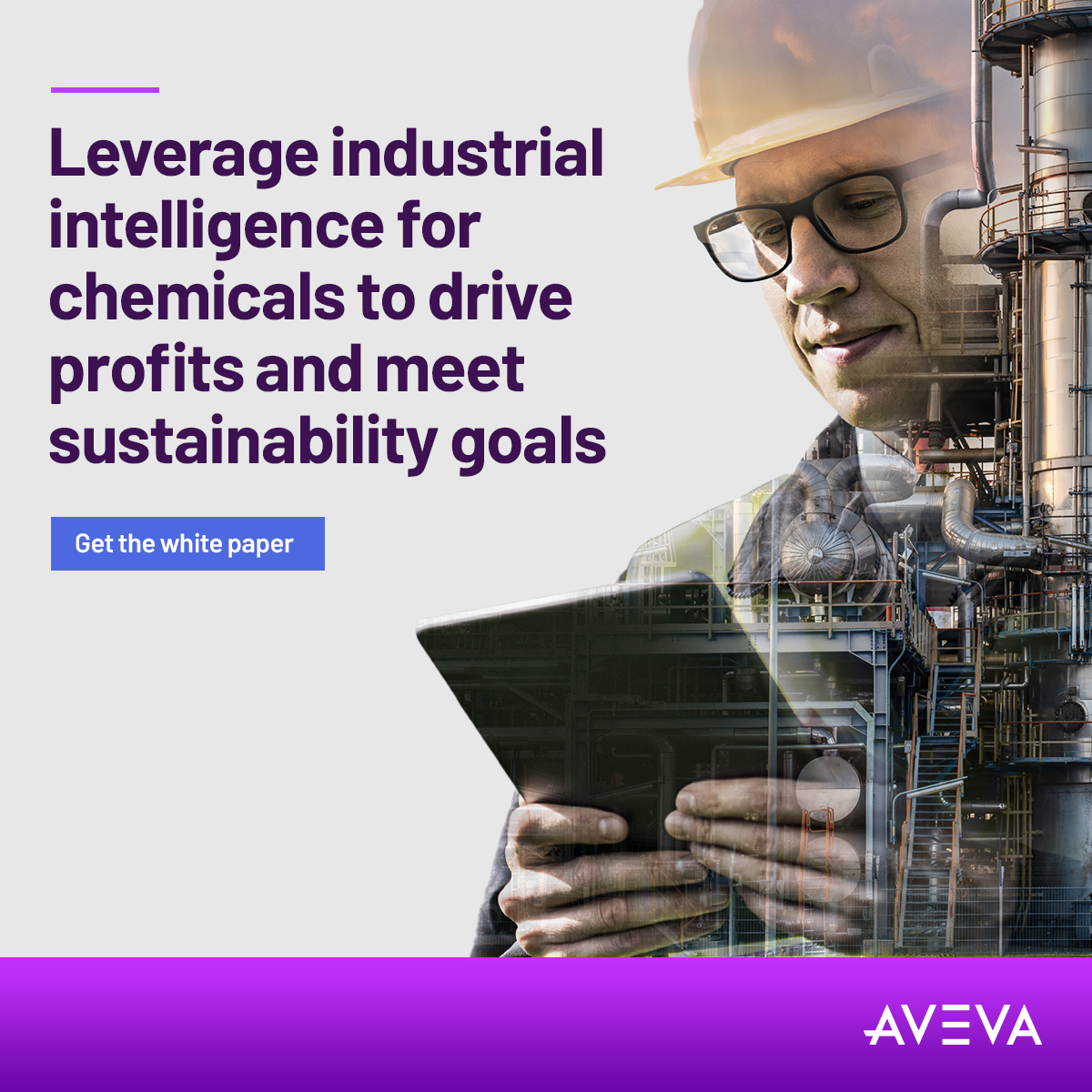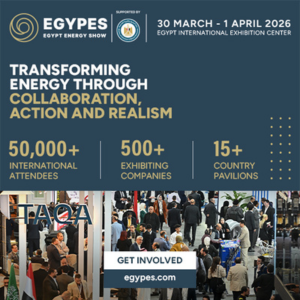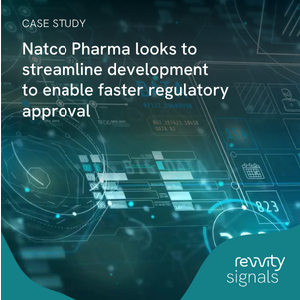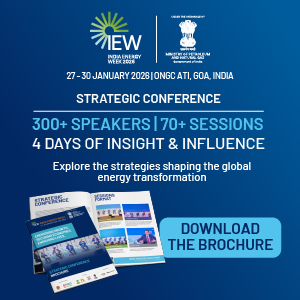Gallery
April 27, 2022
Interview with Gaurav Bawa, Sr. Vice President, WIKA India Group
WIKA Instruments India Pvt. Ltd, established on September 2, 1997, is a wholly-owned subsidiary of WIKA Alexander Wiegand SE & Co. KG, Germany, a global market leader in pressure, temperature and level measurement technology. WIKA Instruments India has established and operates a quality and environment management system according to requirements of international standard (ISO 9001, ISO 14001).
December 26, 2021
We have seen a very good recovery in demand in H2 2021: Vikas Kulkarni, MD, Bostik India
Vikas Kulkarni, MD, Bostik India has over 25 years of experience and focuses on transforming the culture and performance of the organization through building organizational capability, robust strategies, and market access through strategic partnership & acquisition.
Kulkarni spoke exclusively to Pravin Prashant, Editor, Indian Chemical News on global trends and size of adhesives solutions segment, market size globally and India, Bostik market share, size of building & construction segment, size of industrial solution, size of disposable hygiene, new innovations and products, and 2022 plans.
What are the global trends in the adhesive solutions segment and how do you compare it with India?
The global growth in the adhesive solutions segment is 3 - 4% while in India it is in double digits. This high growth market means there are many opportunities for us to expand our presence, especially surfing on global trends such as: Construction Market - Energy efficiency, premium and performing solution, increase of DIY activities in emerging regions; and Industrial Adhesives - lightweight equipment and increase durability and sustainability, higher demand in electronics and batteries.
As the adhesive solutions segment of Arkema, we are in a unique position to stay connected to emerging trends in a variety of sectors and seize the emerging opportunities. In all those markets, we have strengthened our technologies and offerings in the past years and we are well positioned in all of them to keep growing, in India and around the world.
What is the size of the adhesive solutions market globally in 2021 and forecast for 2022?
The global adhesives solutions market in 2021 is €60 billion and the forecast is that it will reach €63 billion in 2022. We expect growth for all segments, with particularly strong drive for the Durable Goods and Construction segments, and promising prospects for the Packaging and Hygiene industries.
What is the size of the Indian adhesive solutions market in 2021 and forecast for 2022? What is the market share of Bostik in India and how do you plan to increase your market share?
Market size in India for adhesives & sealants is estimated at Rs. 15,000 crore. Bostik is the third top global player in the adhesives industry. In India, we are comparatively smaller since we do not currently participate in many market segments. However, in segments in which Bostik participates, we are among the top three players.
We are investing to grow our position in the market by strengthening our technologies, especially in the wake of the Fixatti and Ashland acquisitions to support our growth. In addition to this, acquisitions made by Bostik in the engineering adhesives space, positions us very well with technologies required in electronics and automotive segments. We have a clear plan to foray into these segments as also into consumer adhesives in 2022.
We have some hero products in each of these segments that we will bring into India. We will continue to invest in our talent, as we have done in the last two years to get the best in class people available to the industry. We will continue to invest in capital/assets as needed to expand our capacities and build new ones to support business growth. We also continue to look out for inorganic growth and strategic alliances to accelerate our growth.
Size of Indian adhesive solutions market for:
Building & construction segment
Tile Adhesives Tiling market is estimated to be around Rs. 1,200 crore. Market is at a very nascent stage of growth as almost 90% of the market is still using traditional sand, cement, mortar methods of application. However, we are witnessing a shift and expect the market to grow at a CAGR at 13% as a result of penetration conversion from traditional methods to bagged tile adhesives. Apart from this, the other solutions we offer to the B&C segments are WP, Repair Products & Sealants. Each of these markets is quite large and poised to continue to grow at 8-10%.
Industrial Solutions
The Indian adhesive market is estimated at around Rs. 9,000 crore, expected to grow at 11% per annum. The growth will vary across different segments. We see faster growth in Paper & Packaging, Hygiene, Automotive, and Energy and slightly lower growth in mature markets like Footwear and Construction. The Make in India campaign should give impetus to sectors like aerospace, defense, and electronics. Consumer adhesives is a huge market and it will continue to grow, benefiting from India’s demographics.
We have started seeing a trend towards sustainability with many customers looking for recyclable, biodegradable, low VOC and solvent free products. We, at Bostik, are gearing ourselves up to be ready with solutions that will be needed by the customer in the future.
Disposable hygiene segment
The market size is about Rs. 500 crore. It will grow in double digits in next few years, through penetration as disposable incomes go up in both urban and rural India. Industry is moving towards thin substrates to make end-products lighter. Bostik continues to innovate to meet changing needs for our customers.
What are the new innovations that the company is working on in global R&D labs? Please elaborate?
As the adhesive solutions segment of Arkema, we focus on creating innovative specialty adhesive solutions that contribute to a sustainable world. This means both: More sustainable adhesives, e.g. made out of recycled/bio sourced materials, which are themselves recyclable/compostable, which use less resources while they are produced, etc.; and smart adhesive solutions that help our customers reach their own sustainability goals, for instance by contributing to producing lighter and smaller objects, allowing better insulation to lower the carbon footprint of building, creating safer products, both for construction and hygiene; and enabling recyclability or composability of packaging.
This, and more, is what our global R&D labs are working on, alongside our business teams, clients and partners – Bostik’s culture of innovation is very much collaborative, even R&D at our lab is the result of a highly collaborative process.
How has the performance of Bostik India been in 2021 and what are your plans for 2022?
We have seen a very good recovery in demand in the second half of 2021 across all our business units. Raw material inflation has been a big challenge for the industry. The global supply chain disruption was another challenge to contend with. Overall, Bostik has been able to navigate these challenges quite well and continued to serve our customers.
We expect demand to continue to grow and some of the supply chain challenges to abate in 2022. Our plans for 2022 include expanding our footprint into some new segments like electronics, technical textile, and consumer. We will continue to innovate to meet changing customer requirements & bring the products that are sustainable to meet our own and customer’s sustainability goals.
Bostik has introduced a new series of GCR adhesive and sealant solutions called Silane-modified Sealant Products (SMPs) for the transport industry. Are you planning to launch these products in India?
We have launched the new GCR range to complement our existing top line products - SMP. The market is growing in India. SMP has low VOC and no Isocyanate making it environment friendly.
We cater to various applications in bus, metro and rail segments. As we launch the new Global Core range of products, we bring in the technology to address various other applications such as glazing, sheet metal bonding, and structural bonding. We have core experience on working with various OEMs across the globe and synergies will help us replicate here in India as well. With our wide range of sealants, we are also aiming at markets beyond transportation such as appliances and elevators.
December 22, 2021
Government should work on national chemical policy: Rajendra Gogri, CMD, Aarti Industries
Speaking on right policy measures, finalization of national chemical policy, extending PLI scheme, and custom tariff policy needs to be tailored at NextGen Chemicals & Petrochemicals Summit 2021
December 20, 2021
Agrochemical usage in India is possibly the lowest in the world: Deepak Shah, Chairman, CCFI
Speaking on future outlook of Indian agrochemical sector at NextGen Chemicals & Petrochemicals Summit 2021
December 20, 2021
We want to implement industry friendly policies : Khuba, MoS for Chemicals & Fertilizers, GOI
Bhagawanth Khuba, Minister of State for Chemicals & Fertilizers, Government of India spoke on governance, infrastructure, and atmanirabhar Bharat at NextGen Chemicals & Petrochemicals Summit 2021.
December 20, 2021
We should strive for a sustainable business model : Kapil Malhotra, President, AMAI
Speaking on sustainable business model, power & energy reforms, port infrastructure, carbon, and environmental emission at NextGen Chemicals & Petrochemicals Summit 2021
December 20, 2021
Investment in infrastructure will really help: Maulik Mehta, CEO & ED, Deepak Nitrite
Speaking on money flow, investment in projects, investment in infrastructure at NextGen Chemicals & Petrochemicals Summit 2021
December 20, 2021
Accelerating growth of Indian chemical sector: Maulik Patel, CMD, Meghmani Finechem
Speaks on FTA agreement, energy as part of GST, and environmental clearance at NextGen Chemicals & Petrochemicals Summit 2021
December 20, 2021
NextGen 2021: Moving in the Big League: Pravin Prashant, Editor, Indian Chemical News
Laying the summit agenda at the inaugural session of NextGen Chemicals & Petrochemicals Summit 2021
December 20, 2021
We should envision and build our capabilities with integrated downstream products : Rahul Tikoo, MD- South Asia, Huntsman Corporation
Rahul Tikoo, MD- South Asia, Huntsman Corporation spoke on NextGen opportunities, potential of leveraging it, and circularity of doing business going forward at NextGen Chemicals & Petrochemicals Summit 2021














